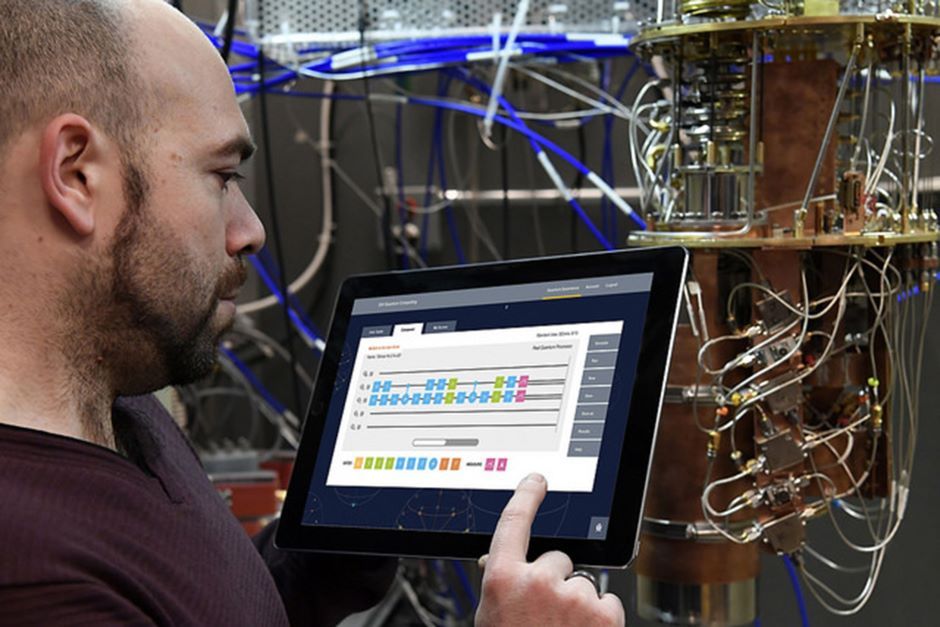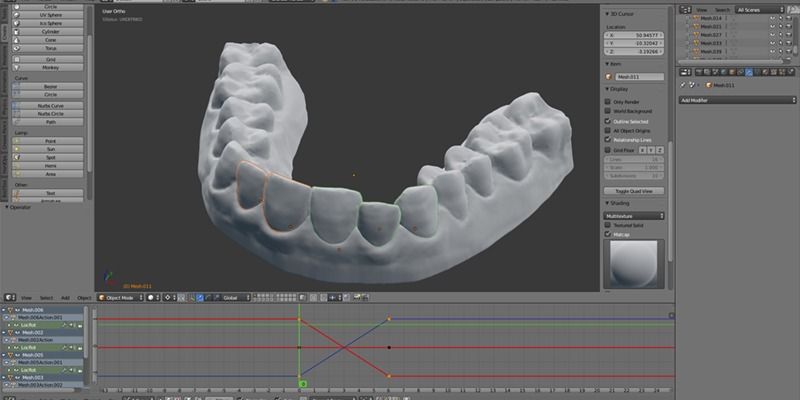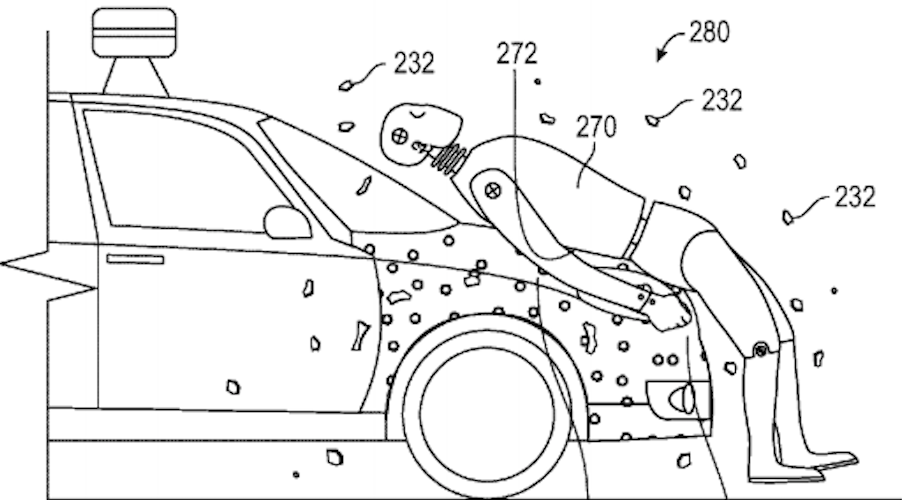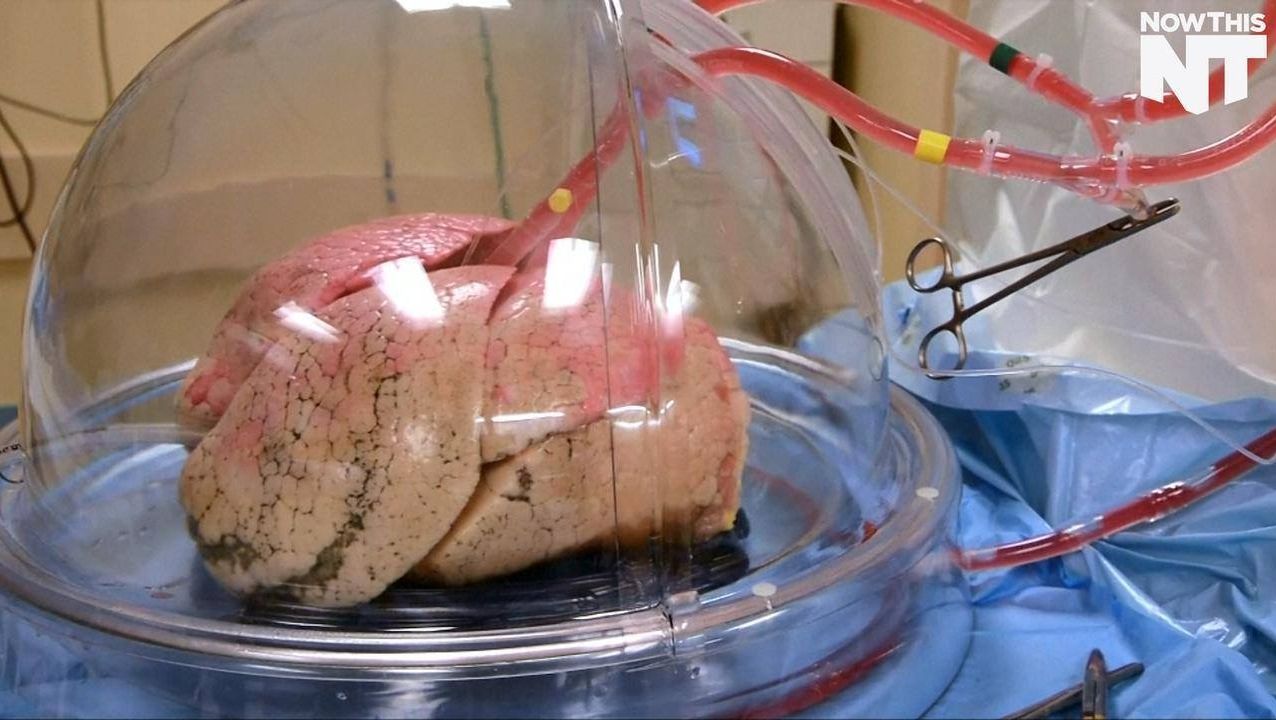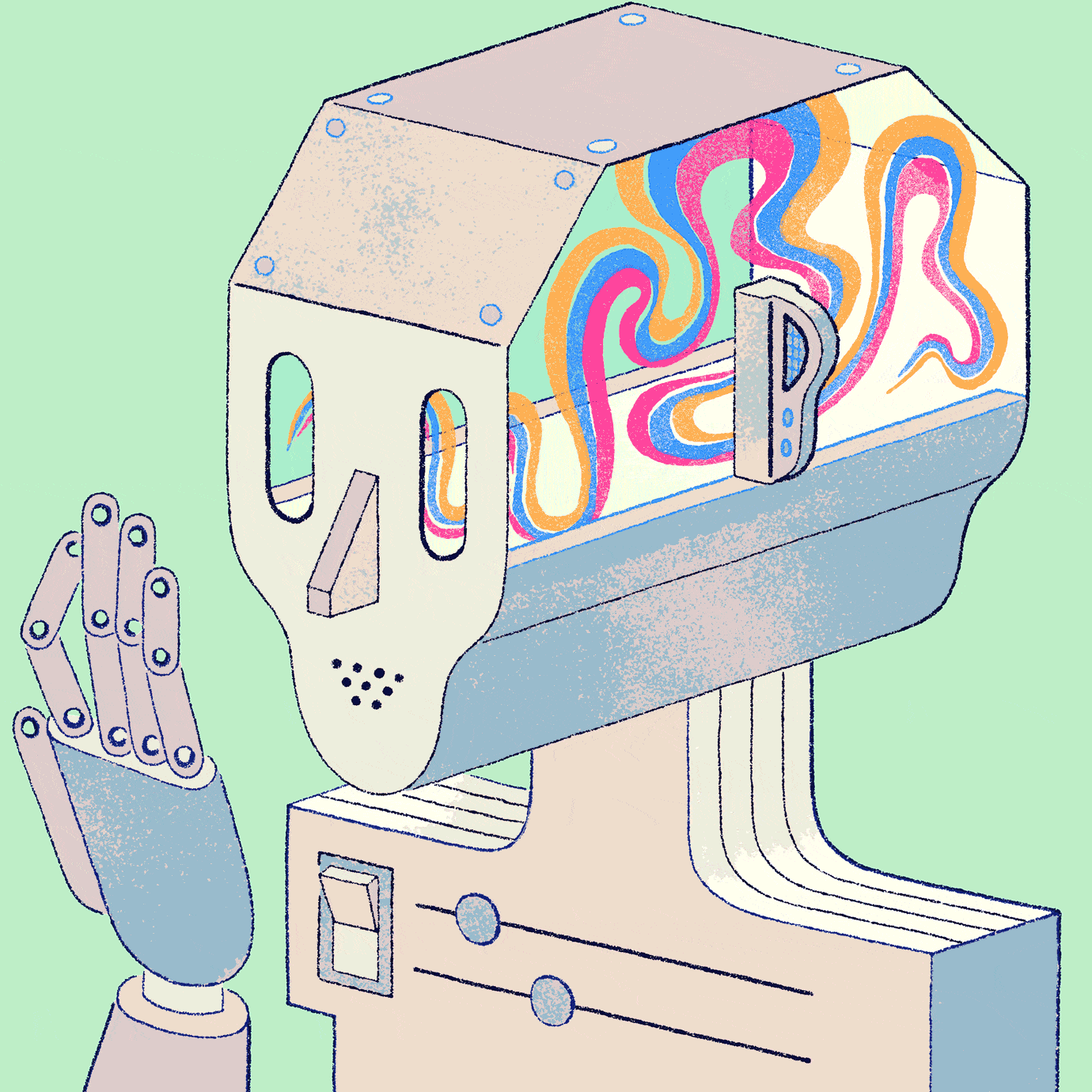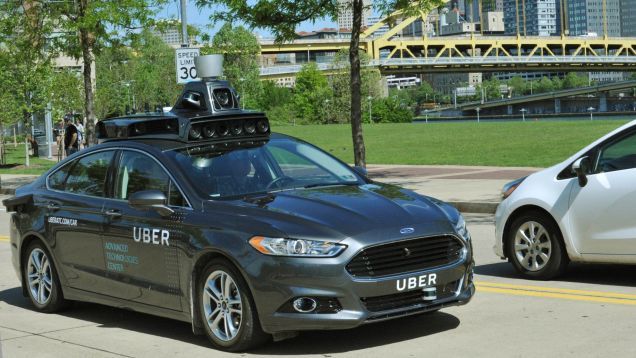Moore’s Law was already identified as a problem regardless of Quantum. And, the move to Quantum happened regardless of Moores Law and the excitment around QC was not the result of Moores Law limitations. Just like all things, we evolve to better level of maturity.
The chip industry is giving another sign that Moore’s Law is coming to an end, but IBM is offering a glimpse at what might be computing’s future.
Industry experts from around the world who have been working together for years for forecast technology advances in the tech industry are throwing in the towel.
The next version of the International Technology Roadmap for Semiconductors, which is produced jointly by the semiconductor industry associations of the United States, Europe, Japan, South Korea and Taiwan, will be the last, the New York Times reported.
